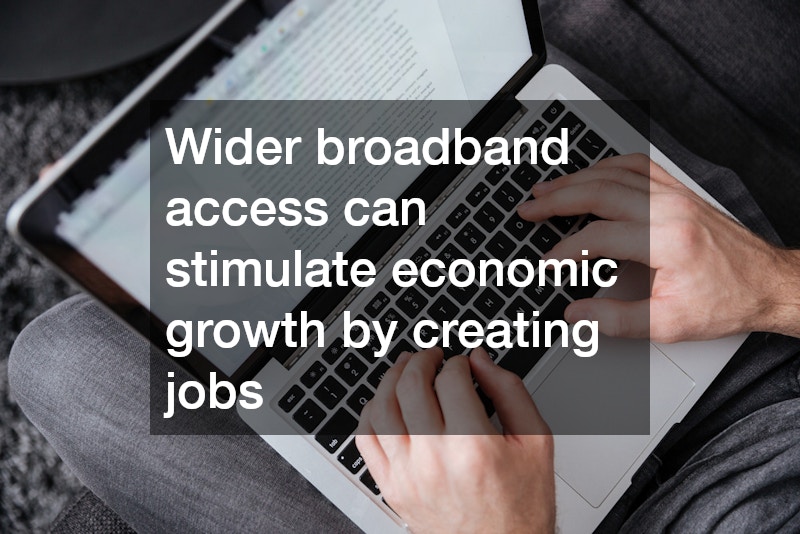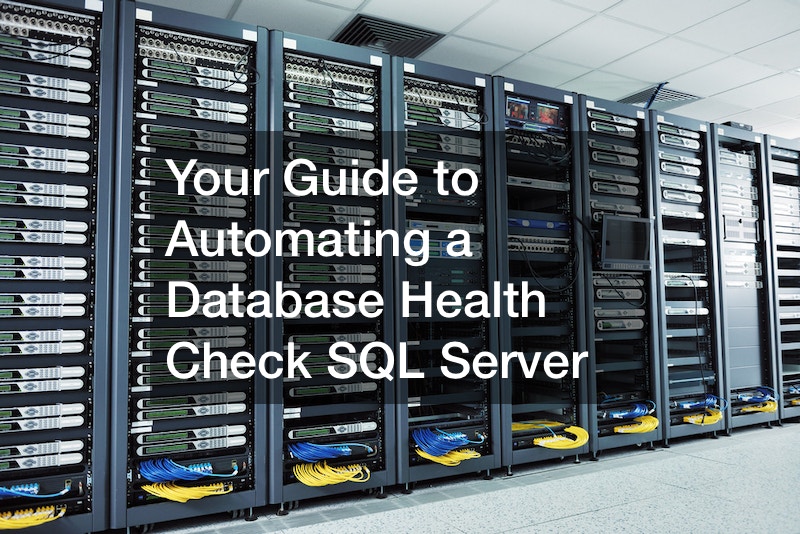
Explore the importance of choosing to expand broadband access and how it can significantly benefit future generations in terms of education, economy, and social connectivity.
Educational Benefits
Broadband access can greatly improve educational resources available to students, enabling access to online learning tools, remote education, and more.
Today, more educational institutions are integrating technology into their curriculum. This shift creates a strong need for reliable internet access, allowing students to utilize online resources such as e-books and instructional videos efficiently.
A study by the Pew Research Center indicates that students with routine access to high-speed internet outperform their peers who have limited or no access.
Additionally, broadband enables personalized learning experiences. Students can engage in remote learning, attend virtual classes, or access interactive lessons when it suits them best. This flexibility can lead to improved academic performance and higher graduation rates, as online educational platforms often allow for repetition and mastery of challenging topics at the student’s own pace.
Furthermore, access to broadband opens up opportunities for students to connect with expert educators and mentors outside of their immediate localities. They can participate in webinars, online workshops, and even collaborative projects with peers worldwide, thus broadening their educational horizons.
Economic Benefits
Wider broadband access can stimulate economic growth by creating jobs, enhancing local businesses, and attracting new companies to underserved areas.
Investing in broadband infrastructure can lead to job creation not only in the tech sector but across various industries. As new businesses establish themselves in regions with enhanced internet connectivity, employment opportunities arise in areas such as retail, education, and services. Additionally, existing businesses can expand their operations owing to better connectivity, enabling them to compete in a global market.
Moreover, local businesses that leverage broadband technology can see substantial growth. By utilizing e-commerce, these businesses can reach a broader customer base than ever before, increasing their sales and fostering local economic resilience. For example, businesses can easily set up websites and engage in online marketing, a shift that is crucial for survival in today’s marketplace.
Finally, studies have shown that communities with robust broadband connectivity tend to attract new businesses and investments. Areas with high-speed internet become appealing for startups and corporations looking for locations with a tech-savvy workforce, resulting in additional job creation and economic diversity.
Social Connectivity Benefits
Increased broadband availability can foster social interaction, community engagement, and support mental well-being through technology.
Social media platforms and communication tools rely heavily on internet access, connecting individuals across vast distances. With affordable and reliable broadband, individuals can maintain close relationships with family and friends, regardless of geographic separation. This connectivity enhances social ties, leading to a sense of belonging and community coherence.
Additionally, broadband access facilitates online communities where individuals can share experiences, support each other, and explore interests. Those who participate in these communities often benefit from social networking opportunities, emotional support, and resources that positively impact their quality of life. This digital interaction is particularly significant for marginalized groups seeking safe spaces to connect.
Moreover, increased online engagement can play a vital role in promoting civic participation. Residents can access information about community issues, participate in discussions, and mobilize around social causes. This proactive involvement fosters a more informed electorate and encourages future generations to take part in democratic processes.
Bridging the Digital Divide
Expanding broadband helps bridge the digital divide by ensuring all communities have equal access to technology and the internet, regardless of socioeconomic status.
The digital divide often leaves disadvantaged communities without the necessary resources to compete in an increasingly digital world. By expanding broadband access to these underserved areas, we can ensure that everyone has equal opportunities for education, professional growth, and social interaction. A commitment to closing this gap is critical as it directly impacts social equity and economic mobility.
Community programs that provide training and resources associated with broadband access can also empower individuals. By equipping residents with digital skills, we can ensure they can effectively utilize online resources for personal and professional development. This initiative is essential in creating a workforce capable of thriving in a digital-first economy.
Furthermore, policymakers can prioritize inclusivity in broadband expansion efforts, addressing the specific needs of various communities. Ensuring that historically marginalized populations have access to high-speed internet is a powerful step toward creating a more equitable society and preparing future generations for success.
Encouraging Broadband Expansion
Effective policies, funding initiatives, and partnerships with private companies are crucial for promoting widespread broadband access and ensuring its sustainability.
Policymakers play a vital role in creating a conducive environment for broadband expansion. They can identify funding sources, such as grants and public-private partnerships, to support infrastructure development in underserved regions. These initiatives ensure that financial barriers do not hinder access, particularly in economically disadvantaged areas.
Moreover, establishing regulations that promote competition among broadband providers can lead to better services at lower costs. Policymakers can encourage investment and innovation within the telecommunications sector, ultimately benefiting consumers by providing a diversity of options and increased speeds, quality, and reliability of internet service.
Stakeholder collaboration is essential. By engaging local communities, educational institutions, and businesses in the planning and implementation of broadband initiatives, policymakers can create tailored solutions that address specific needs. This grassroots involvement ensures that broadband expansion efforts are effective and sustainable over time.
Expanding broadband not only provides immediate benefits but also lays the groundwork for a more connected, educated, and economically prosperous future for generations to come.




